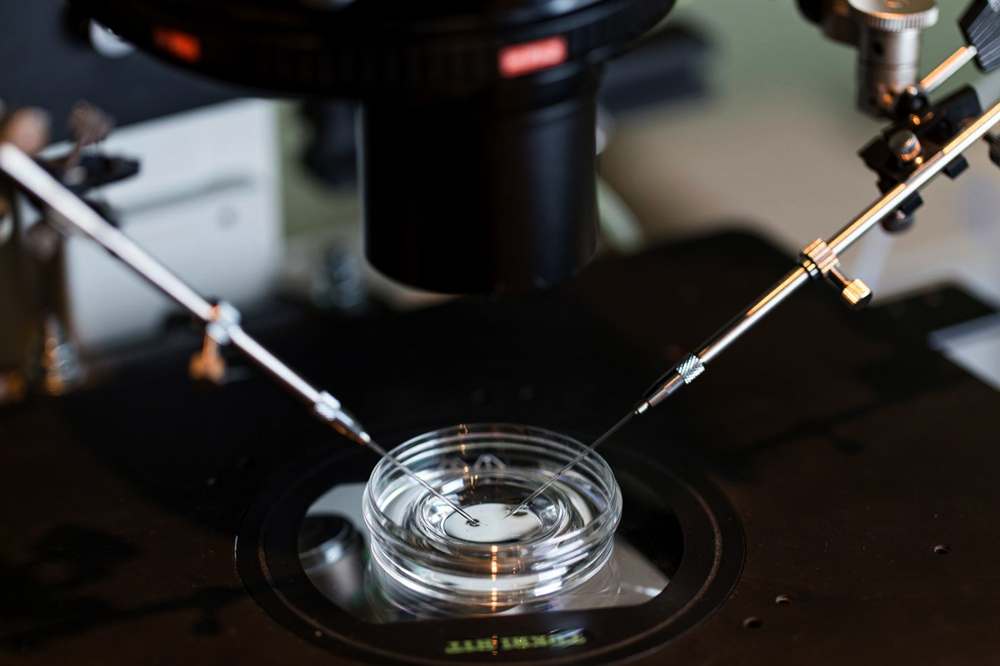Role of the IVF Laboratory in giving a successful pregnancy
In vitro fertilization (IVF) is a complex and delicate process that requires a high level of expertise, precision, and care. At the heart of this process is the IVF laboratory, where fertilization and embryo development take place. An ideal IVF laboratory is essential to the success of IVF treatment and several factors must be taken into account to ensure the best possible outcomes.

First and foremost, the experience and expertise of the fertility specialists and embryologists are crucial to the success of IVF. These professionals must have extensive training and experience in the field, as well as a deep understanding of the latest techniques and technologies. They must be able to work together seamlessly, communicating effectively and coordinating their efforts to ensure the best possible outcomes for each patient.
In addition to the expertise of the staff, the physical layout and design of the IVF laboratory are also critical. The laboratory should be designed to minimize the risk of contamination and to provide a stable and controlled environment for the embryos. This includes the use of specialized equipment, such as laminar flow hoods and incubators, as well as strict protocols for cleaning and sterilization.
Another important factor is the quality of the laboratory's culture media, which is used to support the growth and development of the embryos. The culture media must be carefully selected and prepared, taking into account the specific needs of each patient and embryo. The laboratory should also have strict quality control procedures in place to ensure that the culture media is consistently of the highest quality.
The use of advanced technologies, such as time-lapse imaging and preimplantation genetic testing (PGT), can also greatly improve the success rates of IVF. Time-lapse imaging allows embryologists to monitor the development of the embryos in real-time, providing valuable insights into their health and development. PGT, on the other hand, allows for the genetic testing of embryos, ensuring that only those with the best possible genetic profile are transferred to the uterus.
Finally, it is important to note that the success of IVF is not solely dependent on the laboratory. The teamwork comprises of entire fertility clinic, including the reproductive specialists, nurses, counsellors and support staff, must work together to provide a comprehensive and supportive environment for patients. This includes providing personalized care, clear communication and emotional support throughout the entire process.
In conclusion, an ideal IVF laboratory is the key to success in IVF. The experience and expertise of the fertility specialists and embryologists, the physical layout and design of the laboratory, the quality of the culture media, the use of advanced technologies and the overall support and care provided by the fertility clinic are all critical factors. By focusing on these areas, fertility clinics can provide the best possible outcomes for their patients and help them achieve their dreams of starting a family.
Genome The Fertility Centre is a top choice for those seeking IVF treatment, thanks to its state-of-the-art laboratory facilities, high success rates, individualized approach to patient care, success with embryo transplantation, and commitment to research and innovation. With 18 years of experience, the clinic has established itself as a leader in the field of fertility treatment, offering patients the best chance of success in their quest for parenthood.